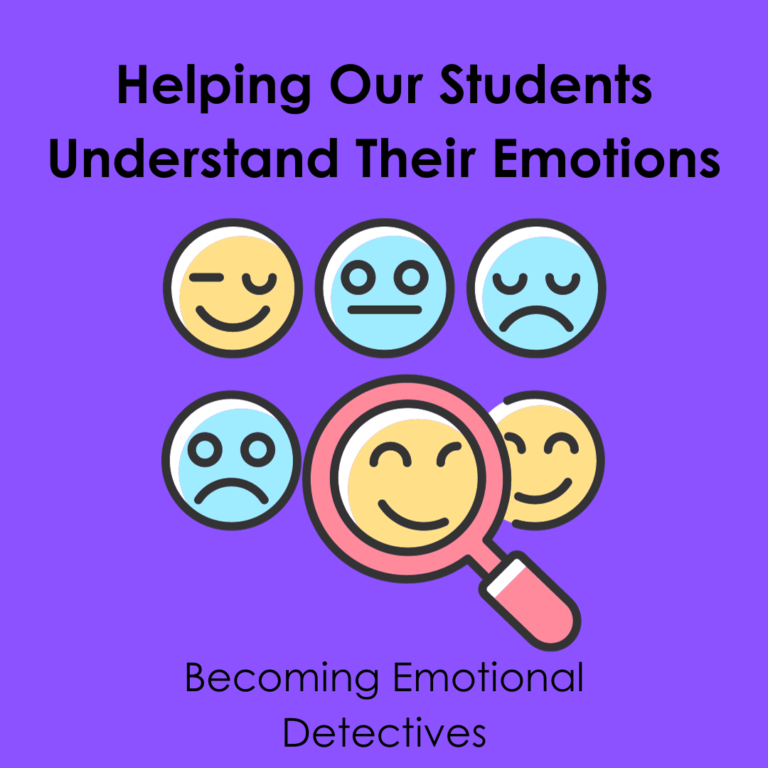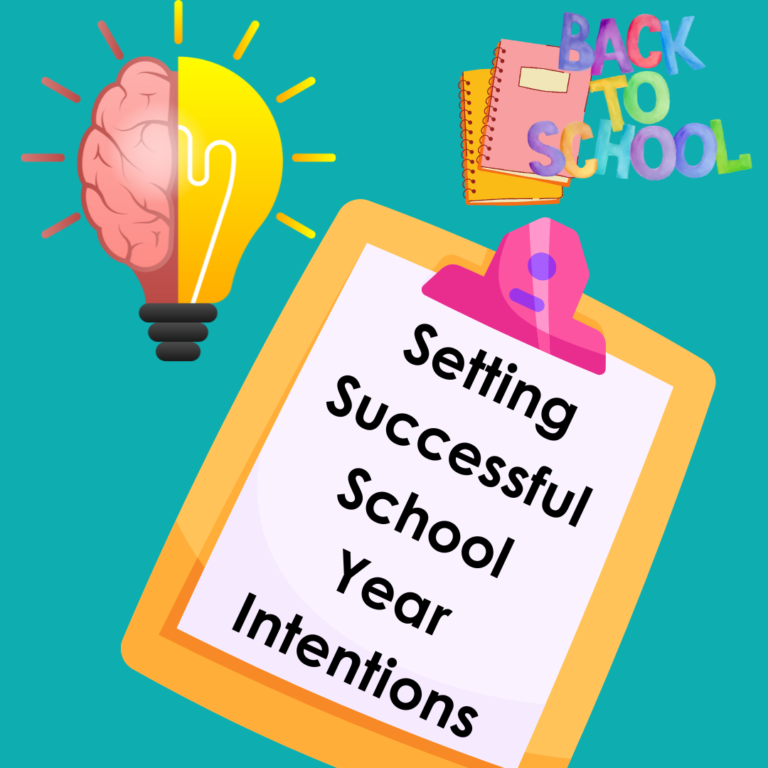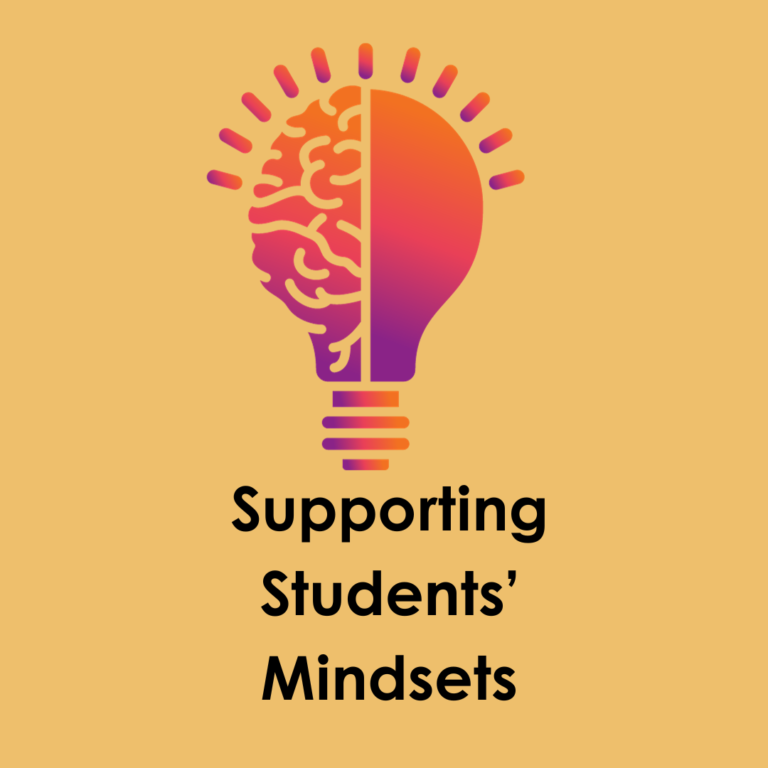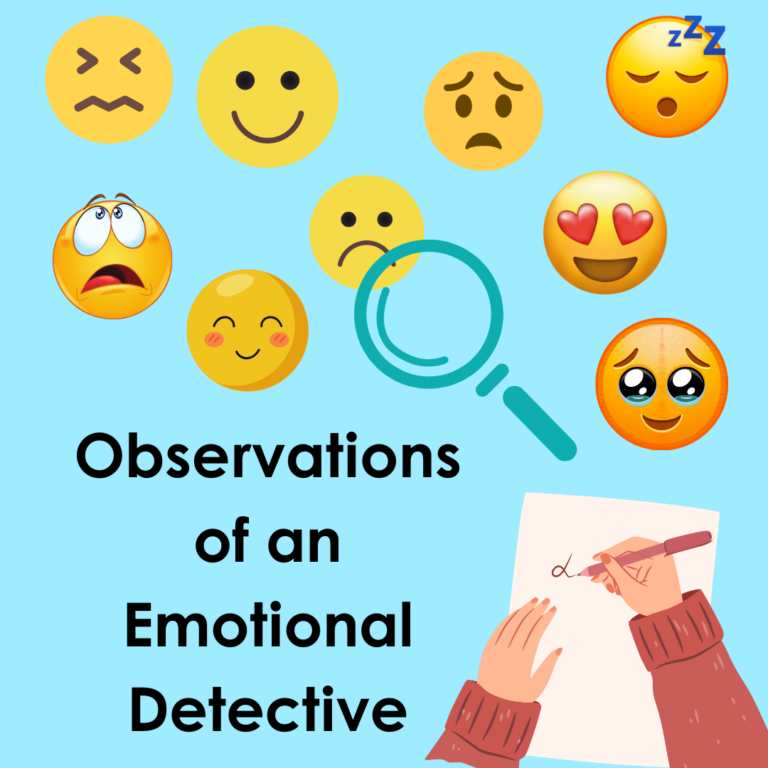Relationships are the Foundation of Teaching
As the 2021/22 school year gets started and routines and systems are being put into place remember RELATIONSHIPS are the foundation to creating an inclusive classroom community. What good is the academic content we give kids if they do not feel seen, heard, and affirmed in our classrooms? When connecting with your students and building relationships, there is one thing we are certain of; kids will not learn from a person they don’t care about or trust. So, what do you do to create meaningful and trusting connections with your students?
Let’s start with the basics of knowing your students. When a student feels known, strong bonds are developed, leading to effective learning. It’s not just about knowing they are your students. It’s about knowing their background, first and last name, their hobbies, and the people they
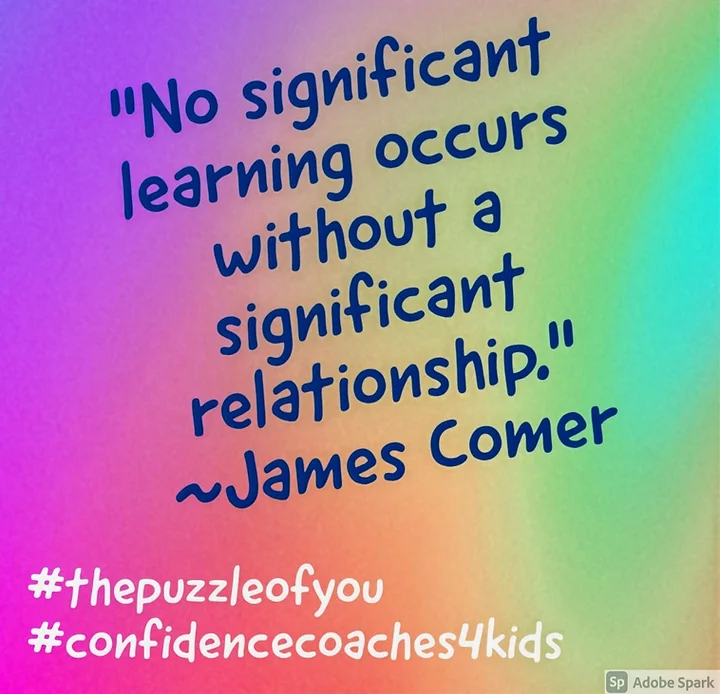
live with. You see, it’s not the students’ job to come to us to know us. It’s our responsibility to meet them where they are, and show interest in their lives.
What about our student’s families? Connecting with families is another way to support the relationships between you and your students. Encouraging caregiver support is needed to create a partnership that fosters conversation with open communication. Above all, always seek to understand first. Assume families are doing the best they can with what they have. Anticipate roadblocks and work to bridge the gap. Working with our student’s grown ups is crucial to helping us best support our students’ needs. We need to make ourselves available and approachable.
Some of the ways to reflect about your practice with relationship and community building, is to ask yourself some questions:
- How do my students know that I am invested in them?
- Does my classroom represent all of my students, encouraging an inclusive and accepting environment?
- How do I learn what my students’ interests and hobbies are?
- Do I communicate regularly with families? Do they know how to contact me? Do they come to me asking for help or advice?
- Finally, what type of relationships do you want with your students? As educators, we are their access to a full life of opportunity. How do your daily interactions support this or hinder it?
Remember, a smile goes a long way. Being present in a conversation versus distracted is something a kid, and a family member, will pick up on. So give that high five. Send that positive postcard or email. And always remind yourself to fix your face so kids can look at you and know you are happy to see them. You may be the only person who looks at them this way.
Confidence Coaches 4 Kids are educational consultants. To serve students, we support educators in the following areas: Effectively building trusting relationships; and Integration of Social and Emotional Learning in all content areas; and Engaging instructional strategies.

